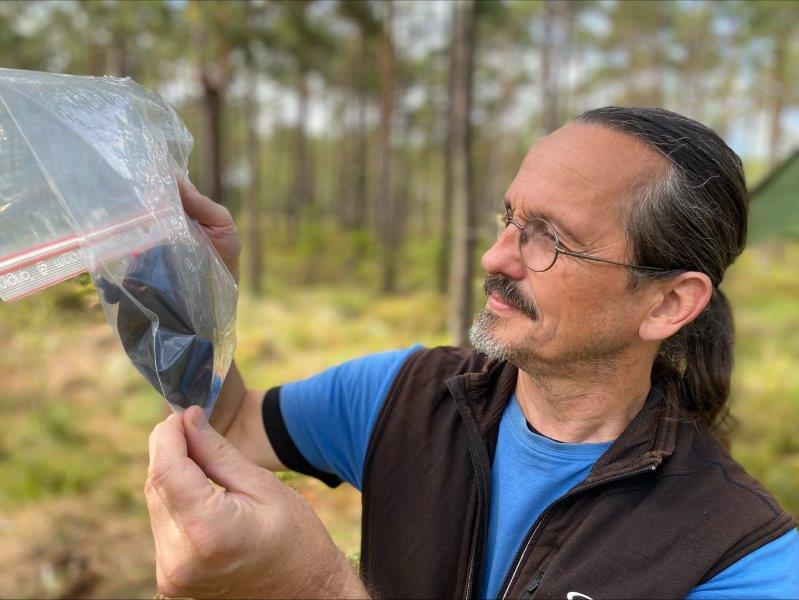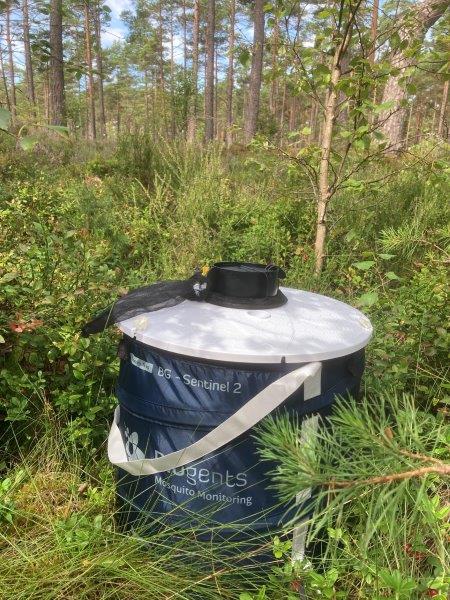How is climate change impacting mosquito species in Sweden? SITES stations are participating in a collaboration with researchers from a laboratory group affiliated with The University of Hong Kong to help answer this question. The project is being led by early career researcher Dr. Alexander Williams and his supervisor Prof. Tommy Lam with support from the International Network for Terrestrial Research and Monitoring in the Arctic (INTERACT).
Recently SVT Nyheter (Halland) interviewed Juha Rankinen, Station Manager at Bolmen Research Station, to learn more about the mosquito project (“Mygg från Bolmen skickas till Hongkong för undersökning” Published on 31 July 2024). In the interview (translated from Swedish) Rankien states, “Among other things, we need to know whether mosquitoes are carriers of tropical diseases for which we may need to be prepared… The fact that mosquitoes are caught right here, around Bolmen, is because the landscape is ideal for mosquitoes, with shady forests and lots of lakes and streams.”


The collaboration is part of the PermaOne Project, a project initiated to investigate mosquitoes and their microbiomes in the changing Arctic, and which now includes a Swedish gradient with participation from SITES stations, including Bolmen, located in Tiraholm, by Lake Bolmen and Absiko, located in northern Sweden 200 km above the Arctic Circle. Mosquito traps have been deployed at both the stations, and once enough mosquitoes have been collected, the samples are then sent on to the researchers in the laboratory group for analysis.
With mosquitoes now collected, we are looking forward to the first results, which will shed light on mosquito species around Bolmen, as well as across Sweden and the Arctic.
Photos: Juha Rankinen, Bolmen Station Manager, collects mosquitoes (Peter Osterberger, SVT) and mosquito trap at Bolmen (Juha Rankinen).